By
Dr. Usha Brandon
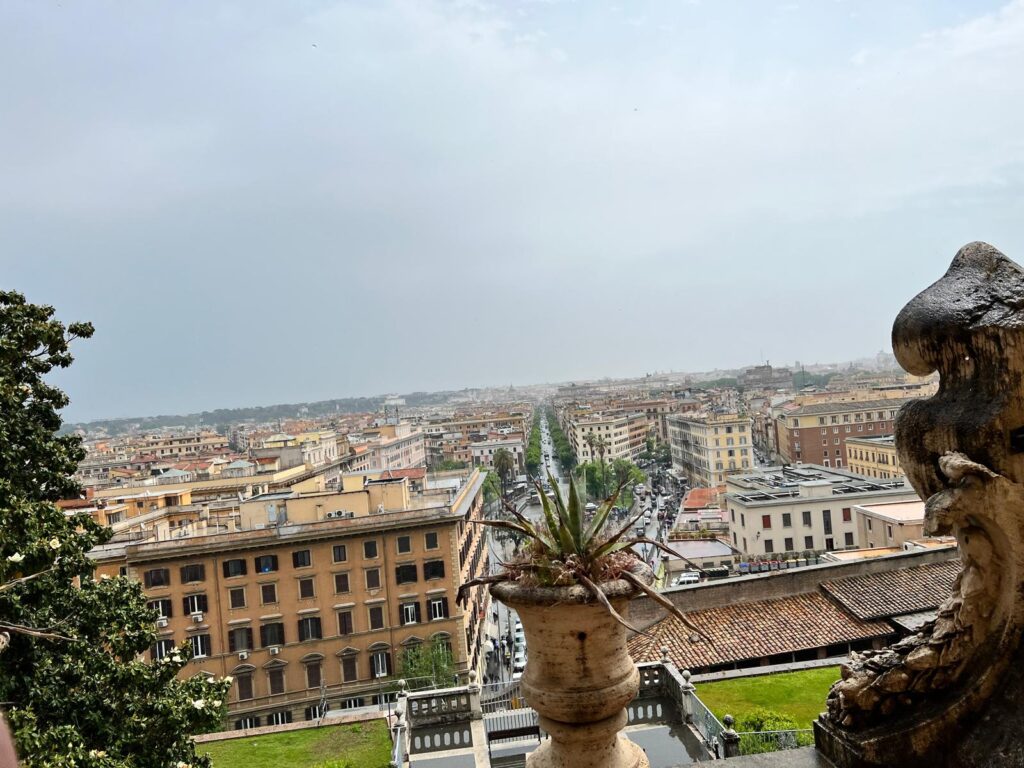 © 2026 U. Brandon.
© 2026 U. Brandon.Rome, famous for its rich history and timeless architecture, is a city that requires attention. From the grandeur of the Colosseum to the sophisticated beauty of the Vatican, every corner of this ancient city tells a story of vision, perseverance, and leadership. Exploring these historic sites with my children provided an opportunity not only to study the past but also to reflect on how these lessons apply to our current lives, especially in the realms of leadership and professional growth.
Leadership Lessons from Ancient Rome
While touring the city of Rome and gazing in awe of the Colosseum, I was reminded of the visionary leadership that shaped this empire. The Romans were pioneers in engineering, governance, and strategy, creating structures and systems that have endured for centuries. I found inspiration in their ability to think big and execute with precision.
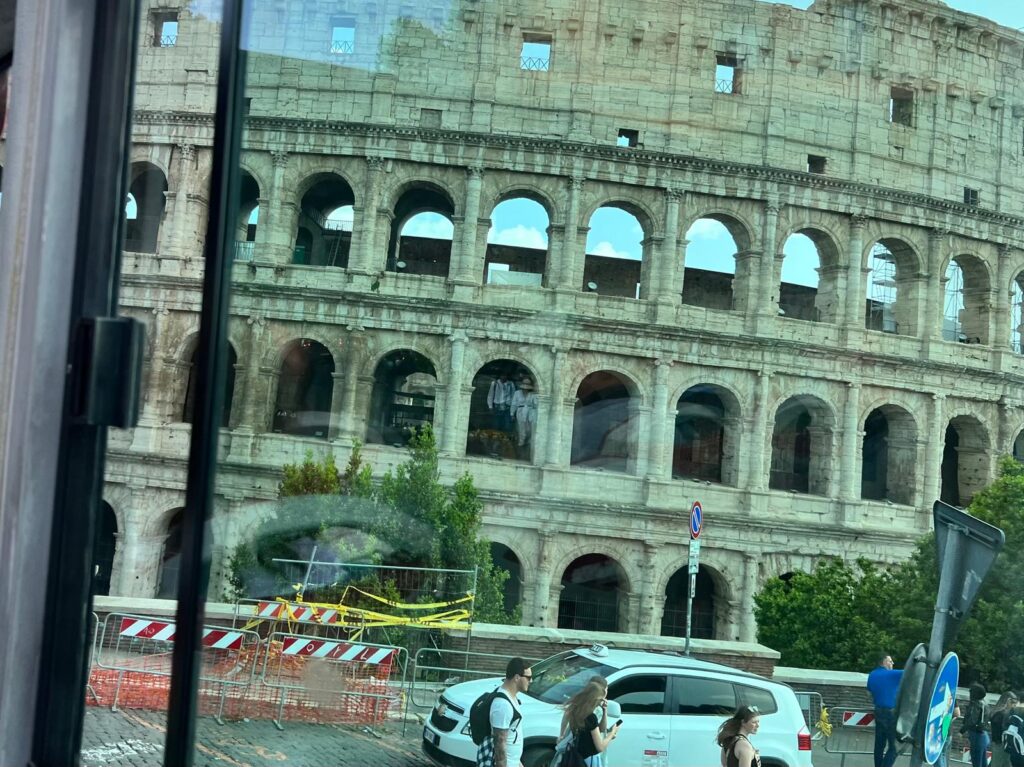 © 2026 U. Brandon.
© 2026 U. Brandon.Another lesson came from observing how Romans valued collaboration and delegation. The empire thrived because of its ability to harness diverse talents, from architects and engineers to philosophers and soldiers. As I explained these concepts to my children while touring the city, I realized that effective leadership is not about doing everything yourself but about empowering others to contribute their strengths toward a shared vision.
Professional Development Through Reflection
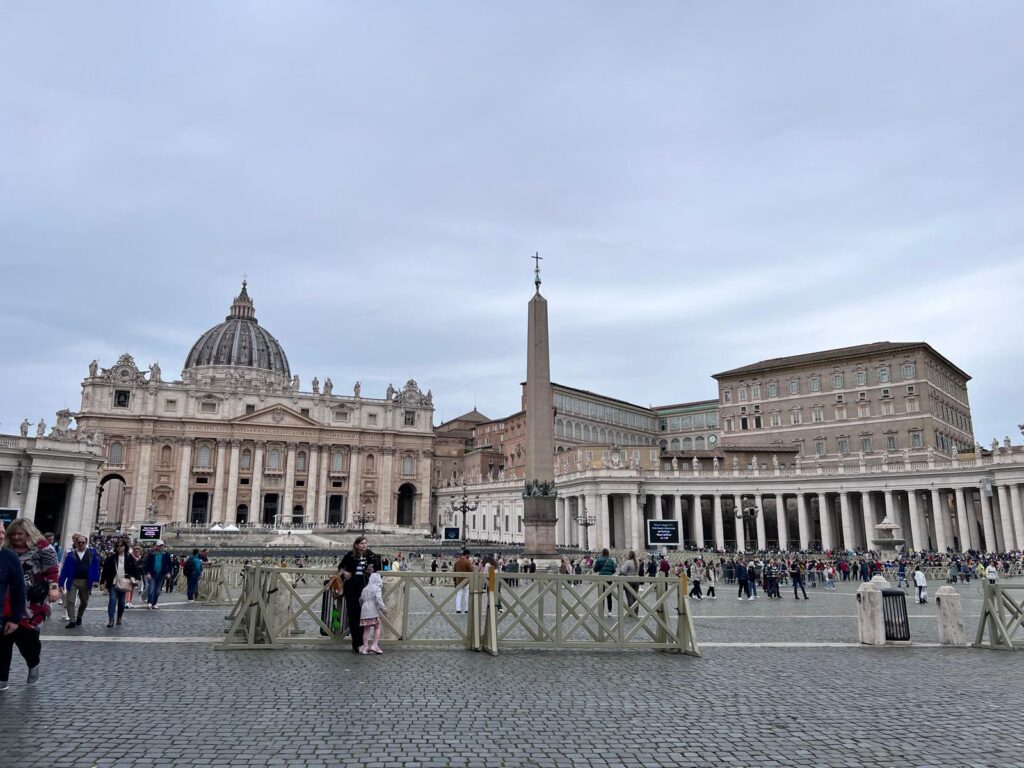 © 2026 U. Brandon.
© 2026 U. Brandon.This experience encouraged me to reflect on my own career journey and how I approach development. Professional growth often requires stepping out of one’s comfort zone, much like Michelangelo did when he accepted the challenge of painting the Sistine Chapel, despite considering himself primarily a sculptor. It’s a reminder that growth comes from embracing opportunities that push us to expand our skill sets and perspectives.
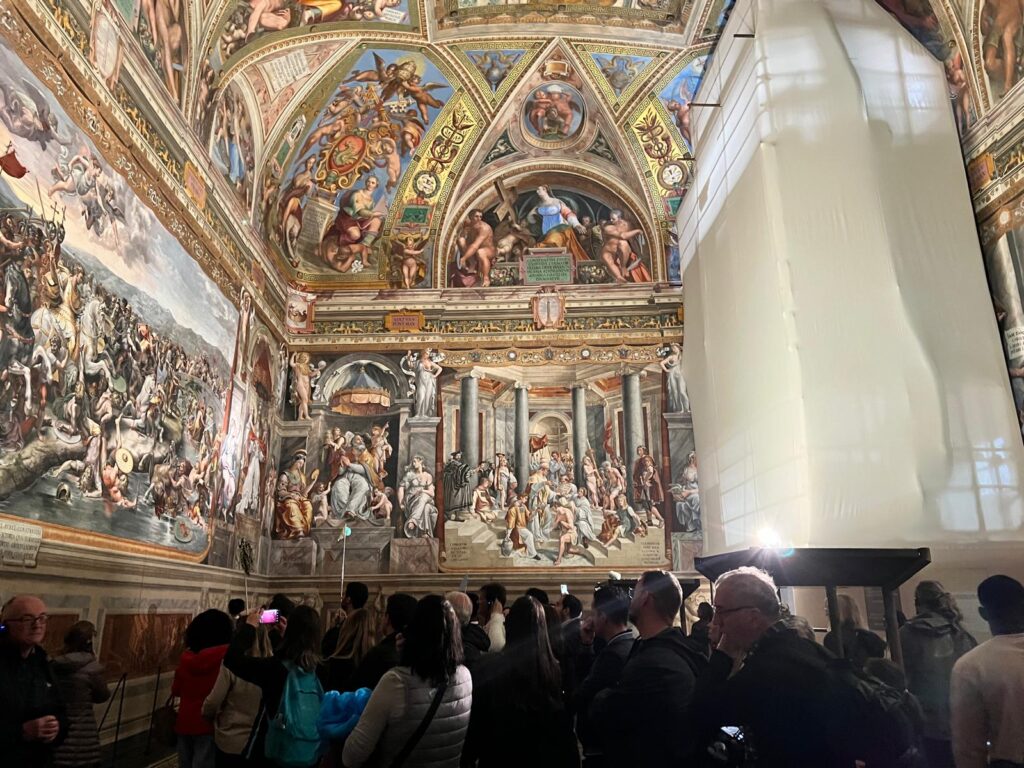 © 2026 U. Brandon.
© 2026 U. Brandon.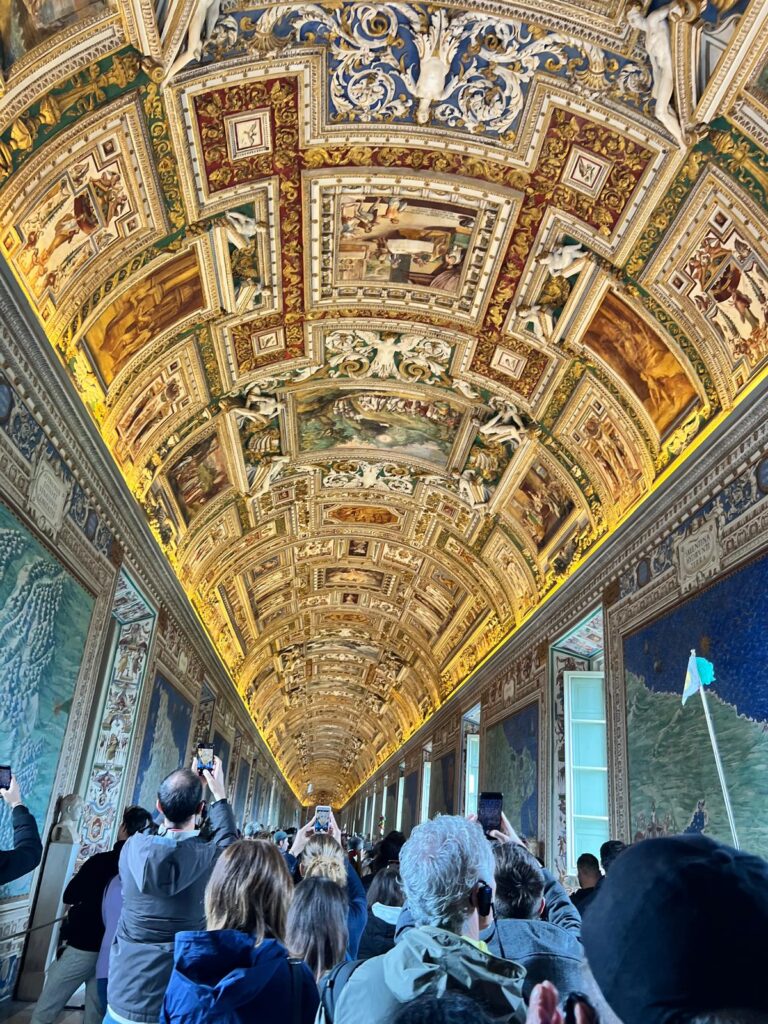 © 2026 U. Brandon.
© 2026 U. Brandon.Parenting as Leadership
Traveling with my children added another layer to these reflections. As a parent, I often find myself in a leadership role within my family, guiding my children through new experiences while encouraging their independence. Rome provided countless opportunities to practice this dynamic.
For example, navigating crowded streets and numerous landmarks required patience and clear communication, skills that are equally valuable in professional settings. I found myself balancing the need to provide direction while allowing my children to explore on their own. This fostered their curiosity while ensuring their safety. This balance mirrors the leadership skill of empowering team members while maintaining accountability.
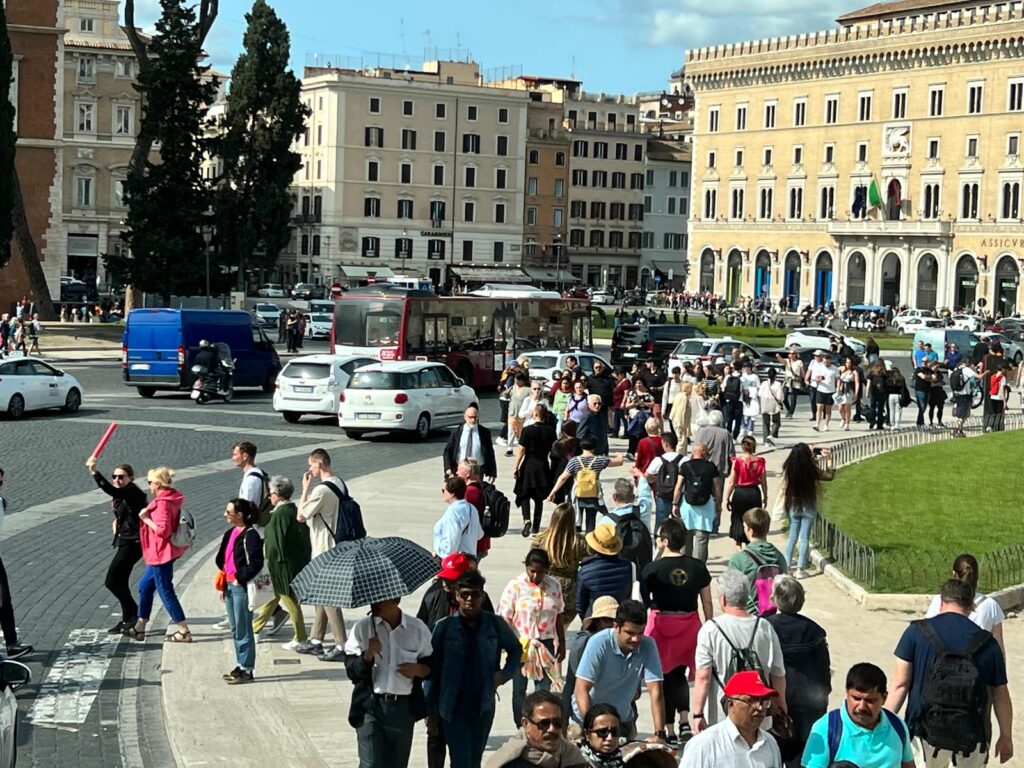 © 2026 U. Brandon.
© 2026 U. Brandon.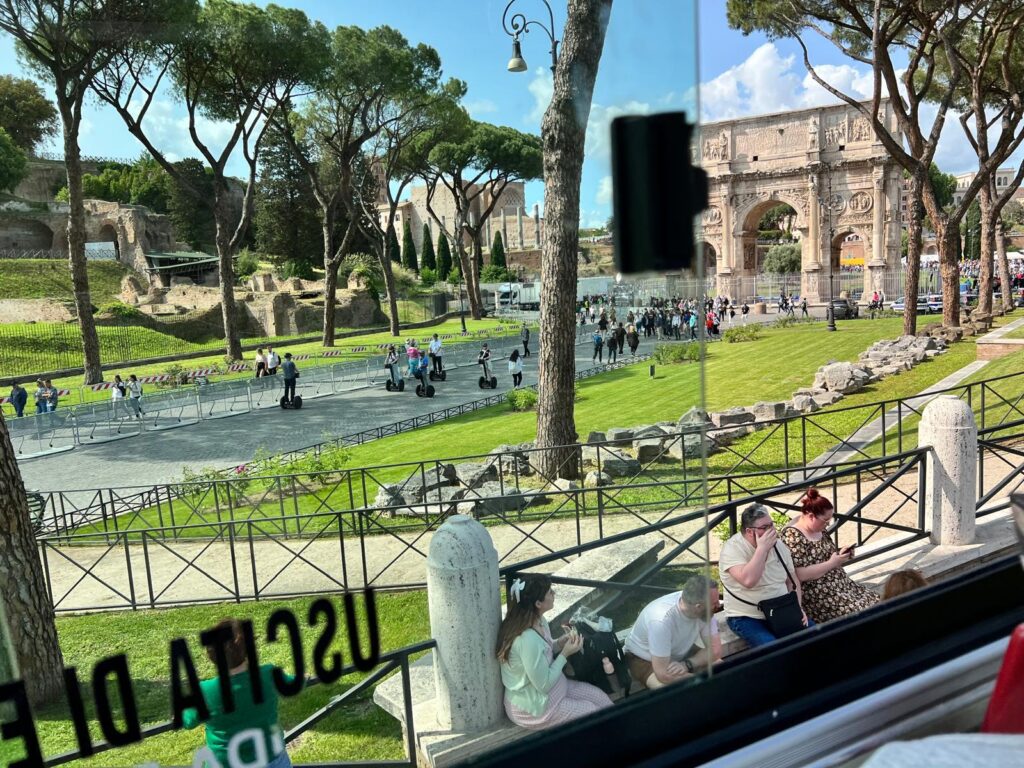 © 2026 U. Brandon.
© 2026 U. Brandon.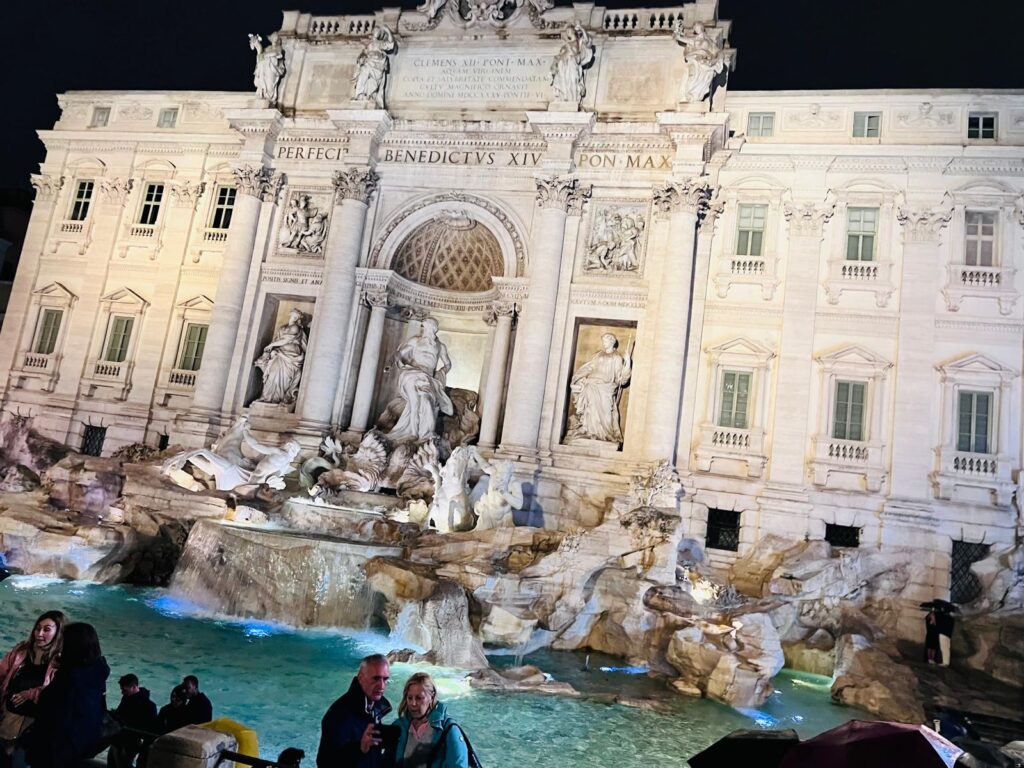 © 2026 U. Brandon.
© 2026 U. Brandon.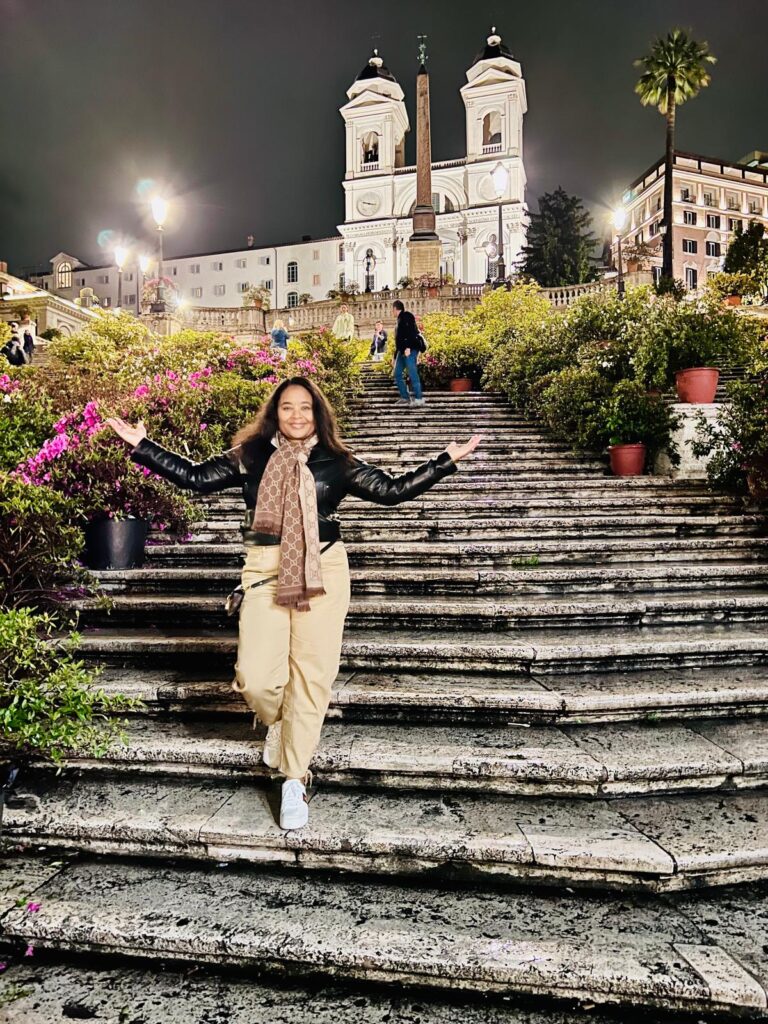 © 2026 U. Brandon.
© 2026 U. Brandon.Leadership is about vision, adaptability, collaboration, and inspiration, qualities that are exemplified by Rome’s enduring legacy. Professional development requires dedication to craft, humility, and a willingness to step out of one’s comfort zone. And parenting reminds us that leadership is not just about guiding others but also about fostering meaningful connections.
As I look back on this experience, I am reminded that growth often comes from unexpected places. Whether standing in awe of Michelangelo’s work or navigating cobblestone streets with my children, Rome taught me that leadership is woven into everyday life and moments of shared discovery.
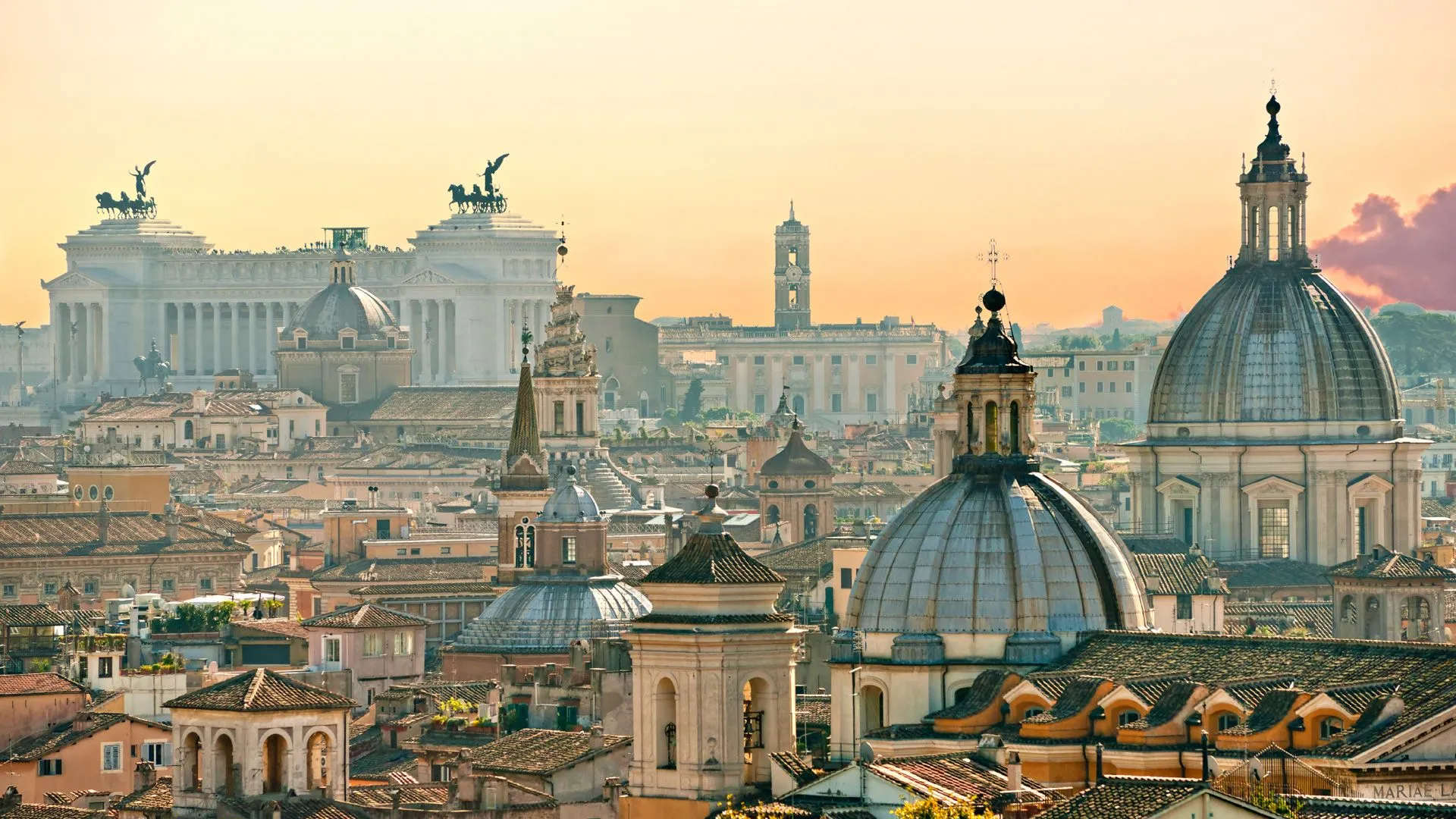
 Felix Leadership Academy
Felix Leadership Academy